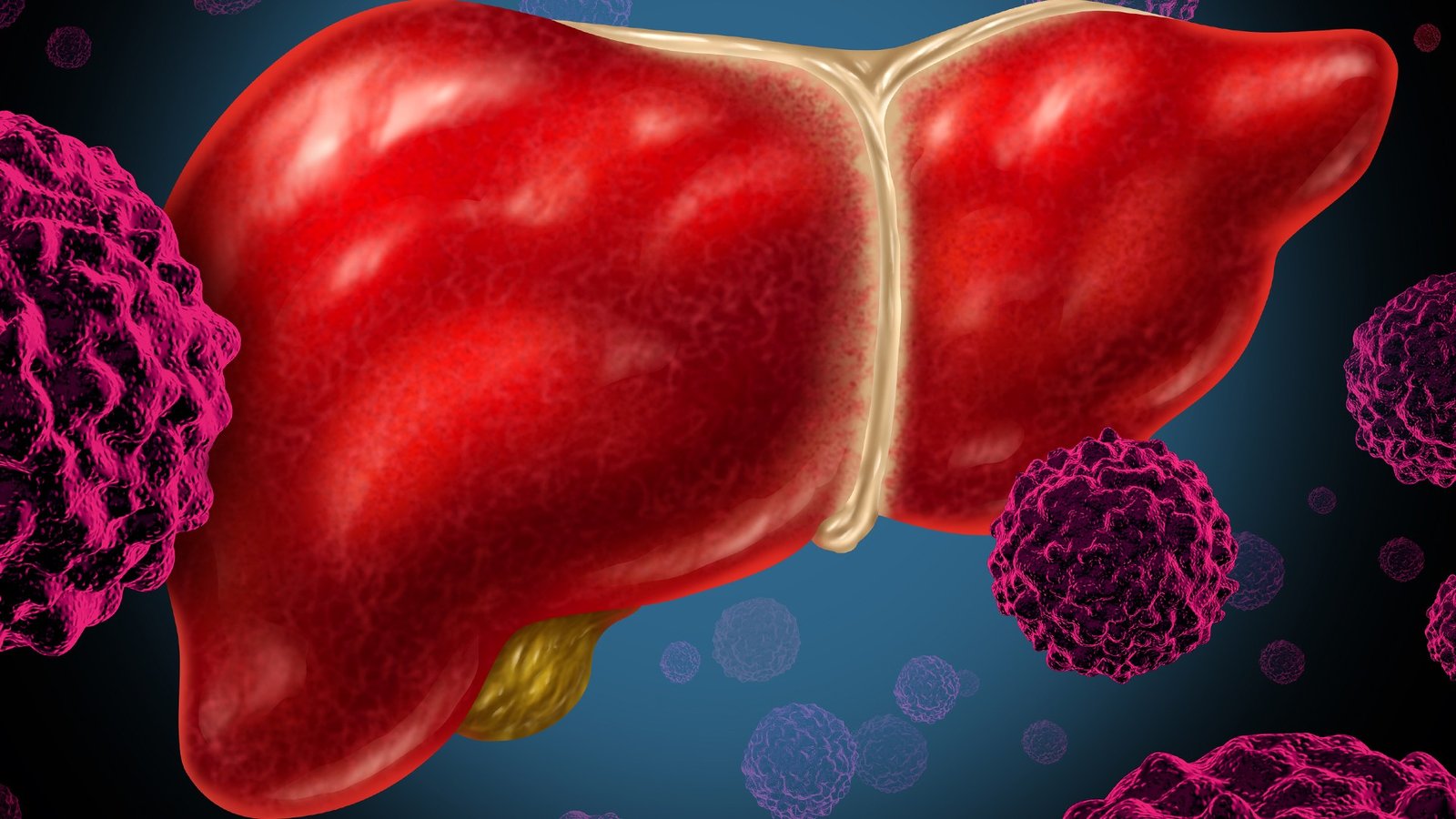
Image credit: NUS Singapore
A team of researchers from the College of Design and Engineering, the N.1 Institute for Health and the Cancer Science Institute of Singapore at the National University of Singapore has recently engineered in vitro tumour models to better understand the crosstalk between liver cancer cells and their microenvironment.
Using lab-grown mini liver tumours co-cultured with endothelial cells these are cells that form the lining of blood vessels to conduct their study, the research team investigated the role of endothelial cells in liver cancer progression.
“The conventional understanding is that endothelial cells are structural cells that form blood vessels. Our latest findings suggest that these cells also give ‘instructions’ to liver cancer cells to increase the production of a protein called CXCL1, which is associated with poor survival outcome in liver cancer patients,” explained Assistant Professor Eliza Fong, who led the research study.
Hepatocellular carcinoma (HCC) is the sixth most commonly occurring cancer and remains the second leading cause of cancer worldwide. While several therapeutics have been approved in the recent years to treat advanced HCC, the impact of anti-angiogenic treatment on the overall survival of HCC patients remains elusive.
Moving forward, the research team hopes to leverage their practical knowledge to set up such co-cultures and extend this area of expertise to other cancer types. Their research work will provide an enhanced road map for the study of cancer-endothelial crosstalk.




